National Union of Students

NUS is the peak representative body for Australian undergraduate university students. We seek to protect and advance the rights and interests of undergraduate students by working with campus-based student organisations, running actions and campaigns, and making sure the voices of students are heard by parliamentarians.
